On the morning of November 7, under the direction of Vice Chairman of the National Assembly Nguyen Duc Hai, the National Assembly discussed in the hall the draft Law amending and supplementing a number of articles of the Securities Law; Accounting Law; Independent Audit Law; State Budget Law; Law on Management and Use of Public Assets; Tax Management Law; and Law on National Reserves.
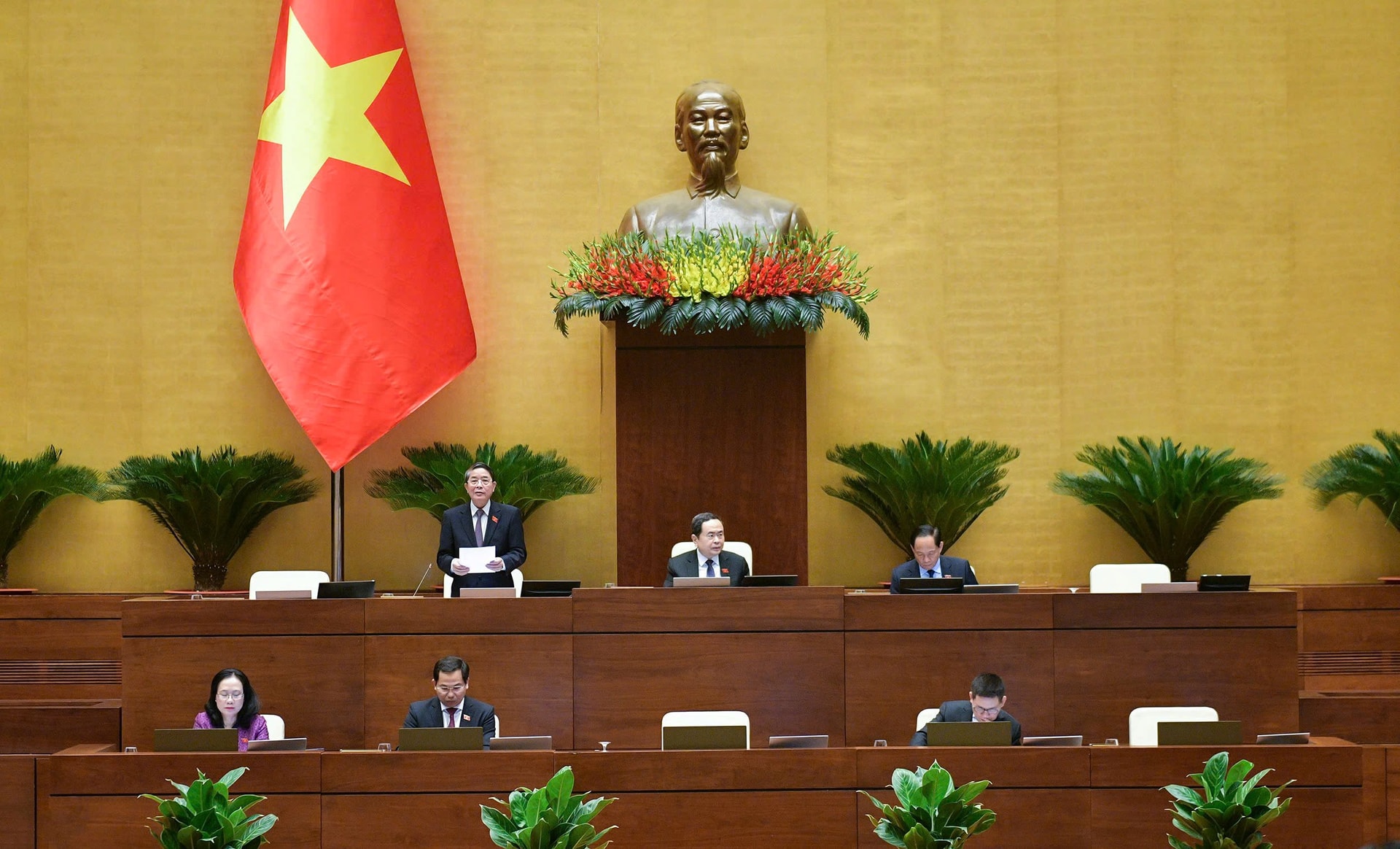
Specify specific and complete expenditure tasks and expenditure sources.
The major policies proposed for amendment and supplementation in this draft law focus on resolving difficulties in the mechanism for sharing, allocating, and mobilizing state budget resources and public assets in order to mobilize and effectively use state financial resources for economic growth. These contents are reflected in the amendment of the State Budget Law, the Law on Management and Use of Public Assets. At the same time, the amendment of the State Budget Law, the Law on Management and Use of Public Assets, and the Accounting Law aims to focus policies on simplifying administrative procedures, reducing compliance costs, and enhancing decentralization and delegation of authority to all levels.
Speaking at the discussion, delegate Tran Chi Cuong - National Assembly Delegation of Da Nang City agreed with the necessity of amending and supplementing and basically agreed with 8 groups of policies in the draft Law amending and supplementing 7 laws submitted at the session. Commenting on the amendment and supplement of the State Budget Law, delegates highly agreed with the amendment and supplement of Clauses 10 and 10a, Article 8 as in the draft. However, it is necessary to review specific and complete regulations on expenditure tasks and expenditure sources to ensure coverage of the expenditure contents stipulated in the laws that have been and are being promulgated such as the amended Law on Public Investment, the Law amending and supplementing the Law on Planning; the Investment Law; the Law on Investment under the public-private partnership model and the Bidding Law.
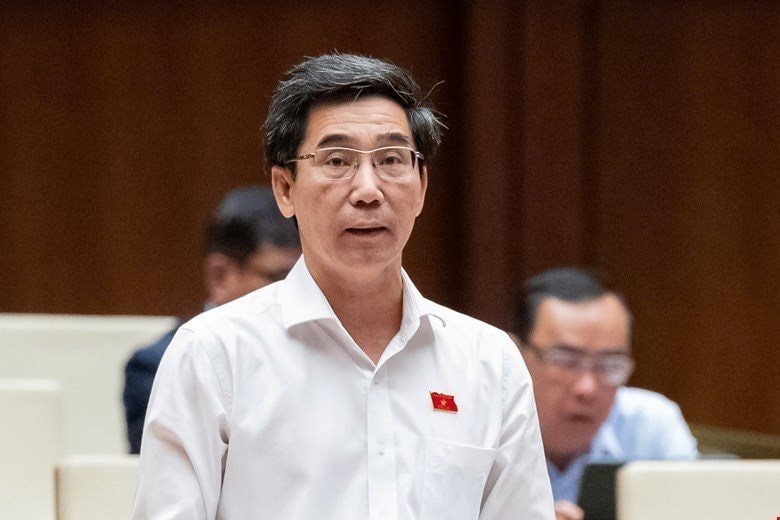
At the same time, the delegate proposed to add point d, clause 9, Article 9 to regulate the policy on using local budgets. In practice, localities often have other spending tasks that are difficult to implement if not regulated. Therefore, in addition to the regulations as in the draft, the delegate suggested that the drafting agency study and add regulations on using local budget reserves to support other localities in overcoming the consequences of natural disasters and serious catastrophes, preventing epidemics; eliminating temporary houses; building works on islands, border areas and other urgent cases to ensure conditions for localities in organizing implementation.
Regarding the amendment and supplement to Point d, Clause 2, Article 59 on the use of increased revenue and expenditure savings, it is stipulated: “Increase investment expenditure for a number of important projects and expenditure tasks specified in Clause 10 and Clause 10a, Article 8 of this Law”. Delegates said that such a provision has expanded and defined a number of more specific expenditure tasks compared to Clause 2, Article 59 of the current law. However, the amendment and supplement have not fully met practical requirements, leading to a number of other urgent local tasks such as national defense and security expenditure, urban construction, environmental protection, natural disaster prevention and control and climate change that cannot be allocated from this source.
Such inflexible regulations will lead to a situation where some localities have increased budget revenue but cannot use it, reducing the efficiency of budget use.
Therefore, the delegate proposed to study and expand the scope of using increased revenue and expenditure savings at Point d, Clause 2, Article 59 in the direction of: "Increasing investment expenditure for a number of important projects, expenditure tasks specified in Clause 10 and Clause 10a, Article 8 of this Law and other necessary expenditure tasks of budgets at all levels".
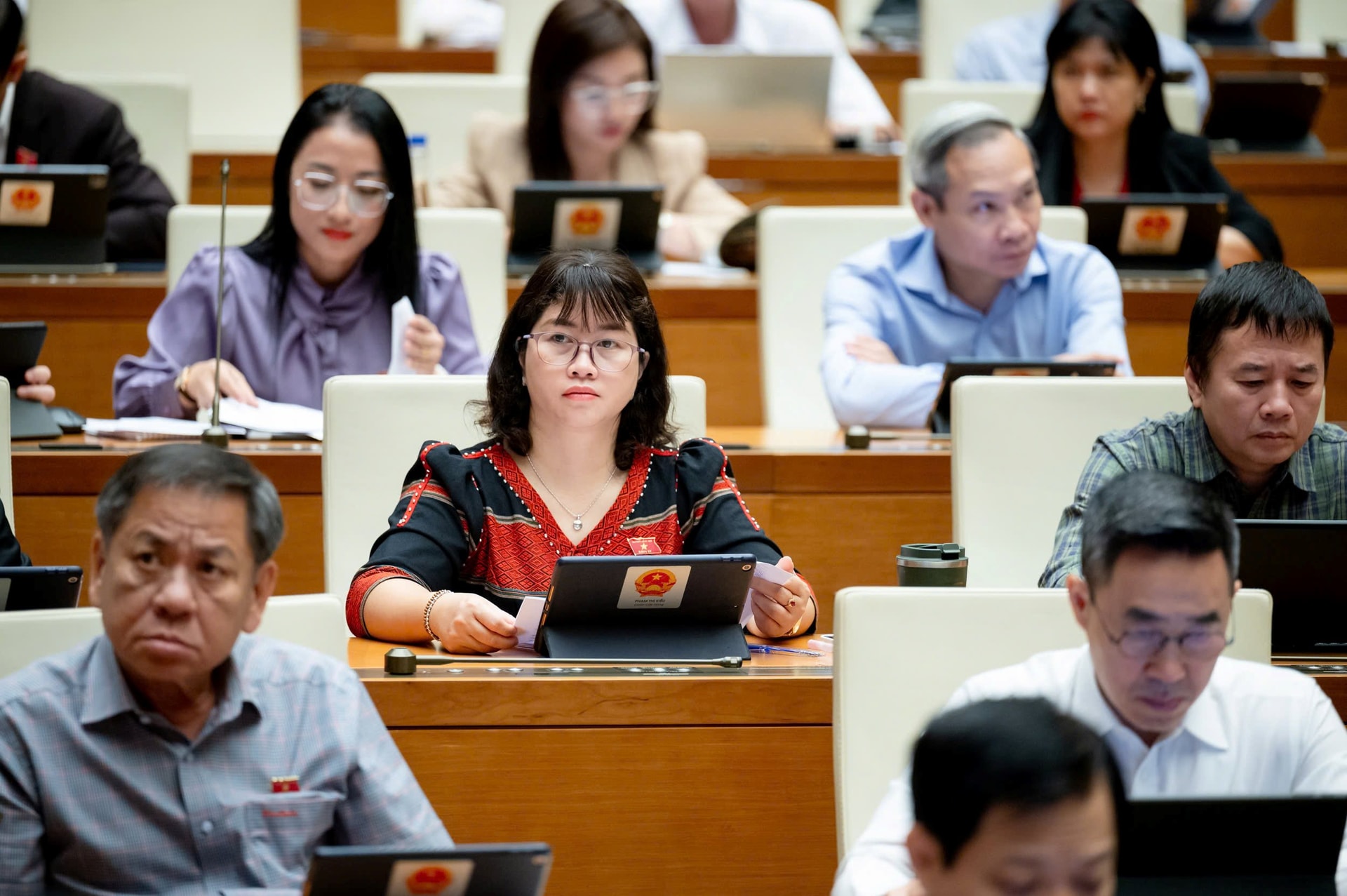
Another issue, according to delegate Tran Chi Cuong, is that currently, in some localities, the urban government model is being implemented, whereby the district and ward levels are no longer a budget level, but only a budget estimate level. However, local authorities at the district and ward levels are still assigned annual budget revenue targets, but in reality, they are stuck with the reward mechanism if the locality exceeds the revenue. According to the provisions of Clause 4, Article 59 of the current law, the excess revenue bonus is only implemented between budget levels.
Therefore, in order to create motivation for localities, especially districts and wards, to promote solutions for socio-economic development, nurture revenue sources, and strengthen collection to ensure the completion of local budget collection tasks, delegates recommended reviewing, researching, and amending and supplementing regulations applicable to localities implementing urban government organization.
Specifically: "The People's Committee at the provincial level shall submit to the People's Council at the same level regulations on the mechanism for rewarding revenue exceeding the estimate for local authorities at all levels which are assigned annual budget revenue estimates with excess revenue in accordance with the actual situation in the locality".
Proposal to allow business owners to concurrently hold the position of chief accountant
According to the drafting agency, the amendment of a number of provisions of the Securities Law, the Independent Audit Law, the Accounting Law, etc. aims to propose policies aimed at ensuring publicity, transparency, and convenience to protect the rights and legitimate interests of investors, the right to access capital sources of enterprises, attract resources of domestic and foreign investors, and ensure sustainable development of the capital market and the stock market, etc.
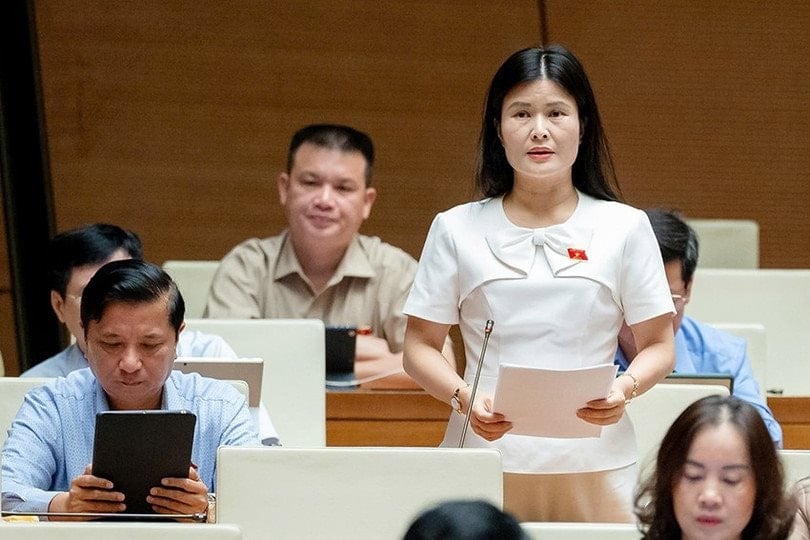
Participating in the discussion on the amendment of the Law on Accounting, delegate Bui Thi Quynh Tho - National Assembly Delegation of Ha Tinh gave her opinion on the addition of Clause 3a, Article 71. Specifically, the State Bank of Vietnam is responsible for issuing accounting regimes for credit institutions (CIs), to ensure compliance with accounting standards as prescribed. This is considered necessary because the characteristics of CIs are different from other types of units.
Delegate Bui Thi Quynh Tho emphasized that credit institutions conducting financial transactions with customers have their own processes and characteristics, requiring separate regulations suitable to their operational practices. There are currently some problems related to signatures, document templates and document circulation processes, especially in the current context of digital transformation.
The delegate cited Clause 3, Article 19 of the current Accounting Law, which stipulates that accounting documents for disbursements must be approved by the authorized person and signed by the chief accountant or authorized person before implementation. However, in many cases, requiring the chief accountant's signature on customer disbursement documents may be unnecessary, leading to an increase in the volume of documents stored and operating costs for both customers and credit institutions. The delegate proposed that there should be more flexibility in this regulation, in order to reduce the burden of processes and procedures for credit institutions and businesses.
Delegate Bui Thi Quynh Tho also said that currently, many small and medium enterprises are having difficulty in providing documents for the decision to appoint a chief accountant or person in charge of accounting. Some enterprises hire external accounting services and do not have permanent accounting staff, while enterprises with accounting staff often change staff, causing difficulties in making documents, especially when transacting with banks.
To solve this problem, delegates proposed that the drafting agency study the application of a simple accounting regime that allows business owners to concurrently hold the position of chief accountant at a higher revenue level than current regulations. According to Article 8, Chapter 1 of Circular 132/2018/TT-BTC, micro-enterprises are not required to have a chief accountant, but the criteria for determining small, micro-enterprises, and medium-sized enterprises are still low compared to reality.
Specifically, micro enterprises in agriculture and aquaculture have no more than 10 employees and a revenue of no more than VND3 billion. This regulation does not accurately reflect current economic reality. Allowing business owners to concurrently hold the position of chief accountant will reduce administrative burdens and facilitate businesses in financial management.
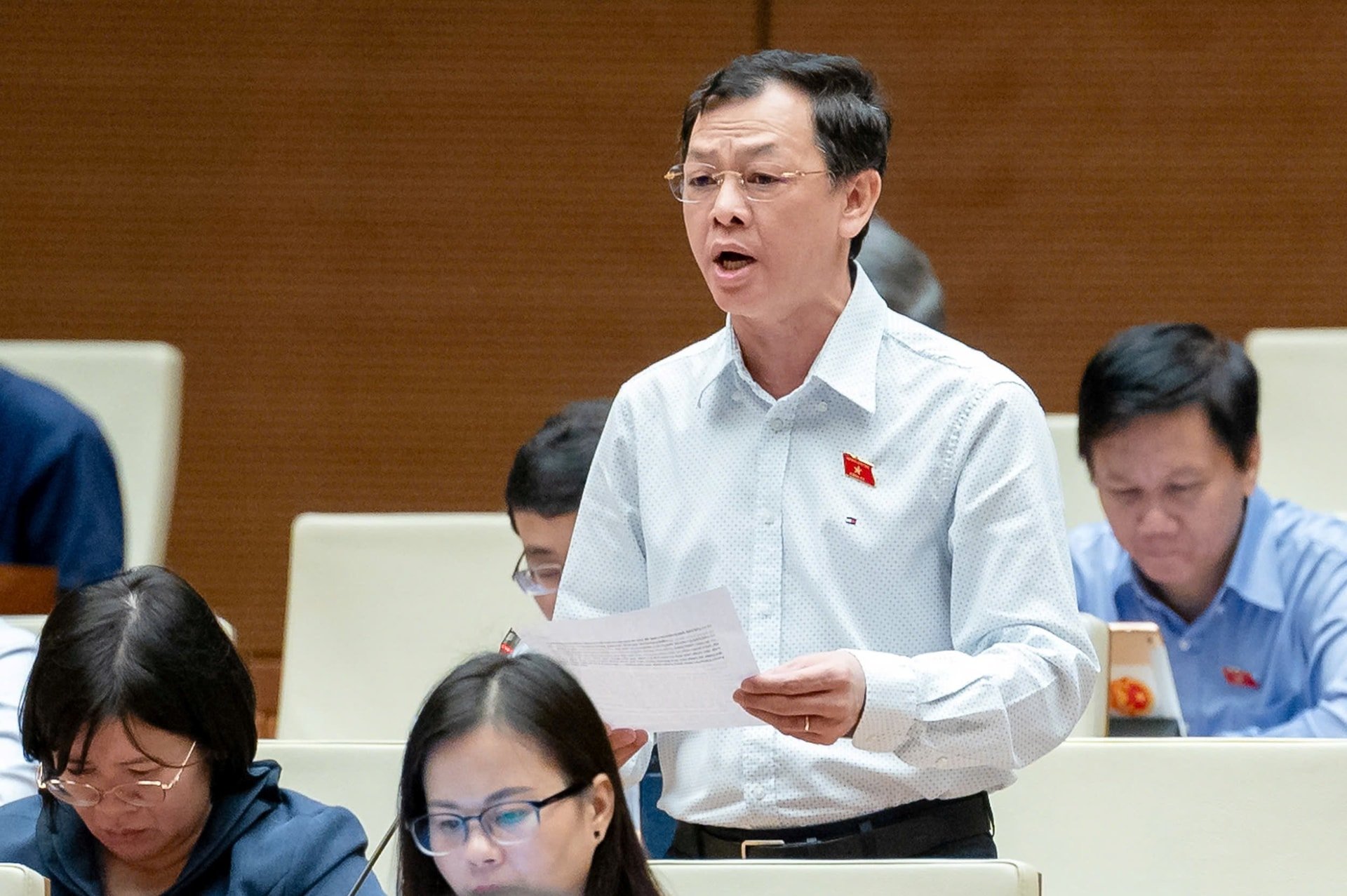
Participating in the discussion on the Law on Management and Use of Public Assets, delegate Nguyen Tri Thuc - Ho Chi Minh City National Assembly Delegation pointed out that the Law does not stipulate the use of assets such as land use rights for joint ventures. In fact, while the state budget is still lacking, public hospitals wish to have joint ventures with units and organizations to build new infrastructure and medical equipment on hospital grounds.
From practical work, delegates recommended: In addition to the use of public assets as prescribed in Clause 1, Article 58 to put into joint ventures, land use rights also need to be regulated by law, because in the case of building new facilities on hospital land, land use rights must be included in the value of the joint venture to ensure the hospital's interests.
Source: https://baotainguyenmoitruong.vn/huy-dong-va-su-dung-hieu-qua-cac-nguon-luc-tai-chinh-nha-naoc-cho-tang-truong-kinh-te-382832.html































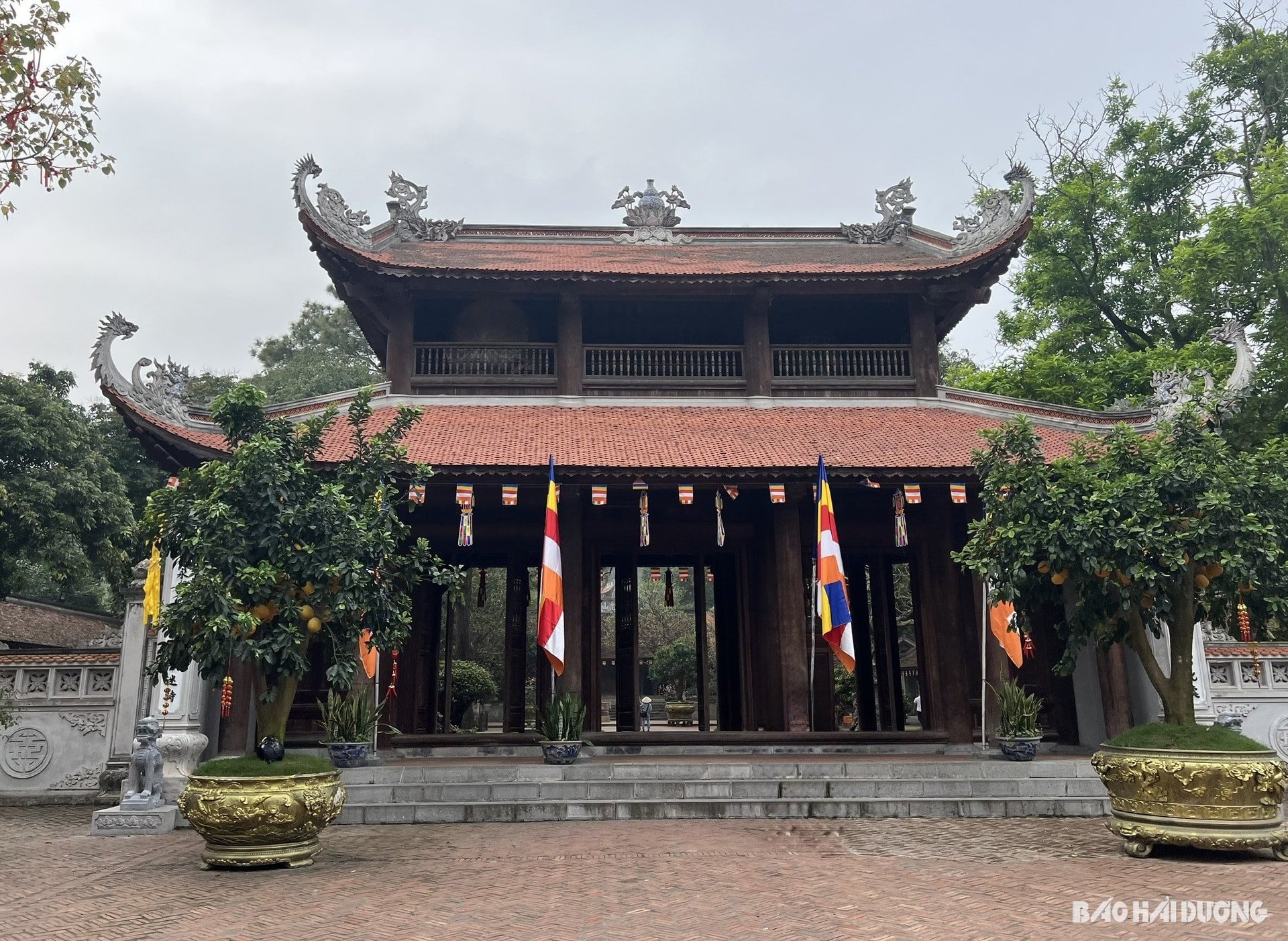
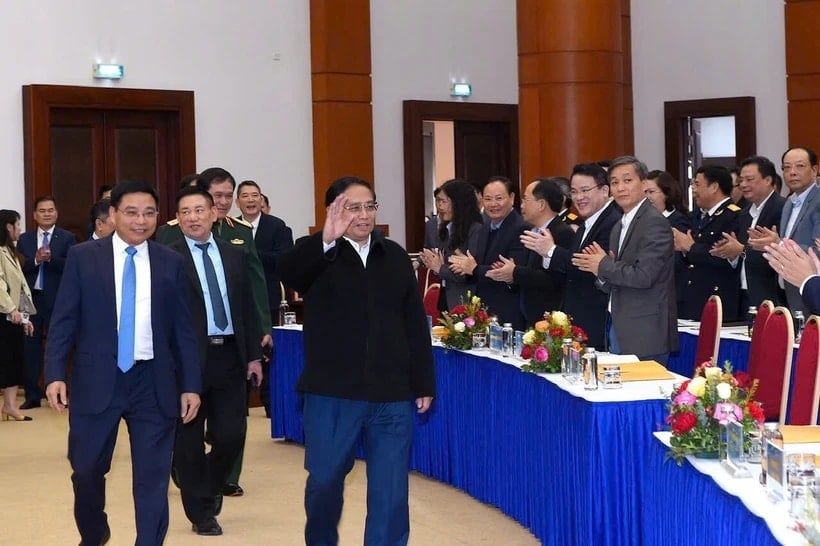

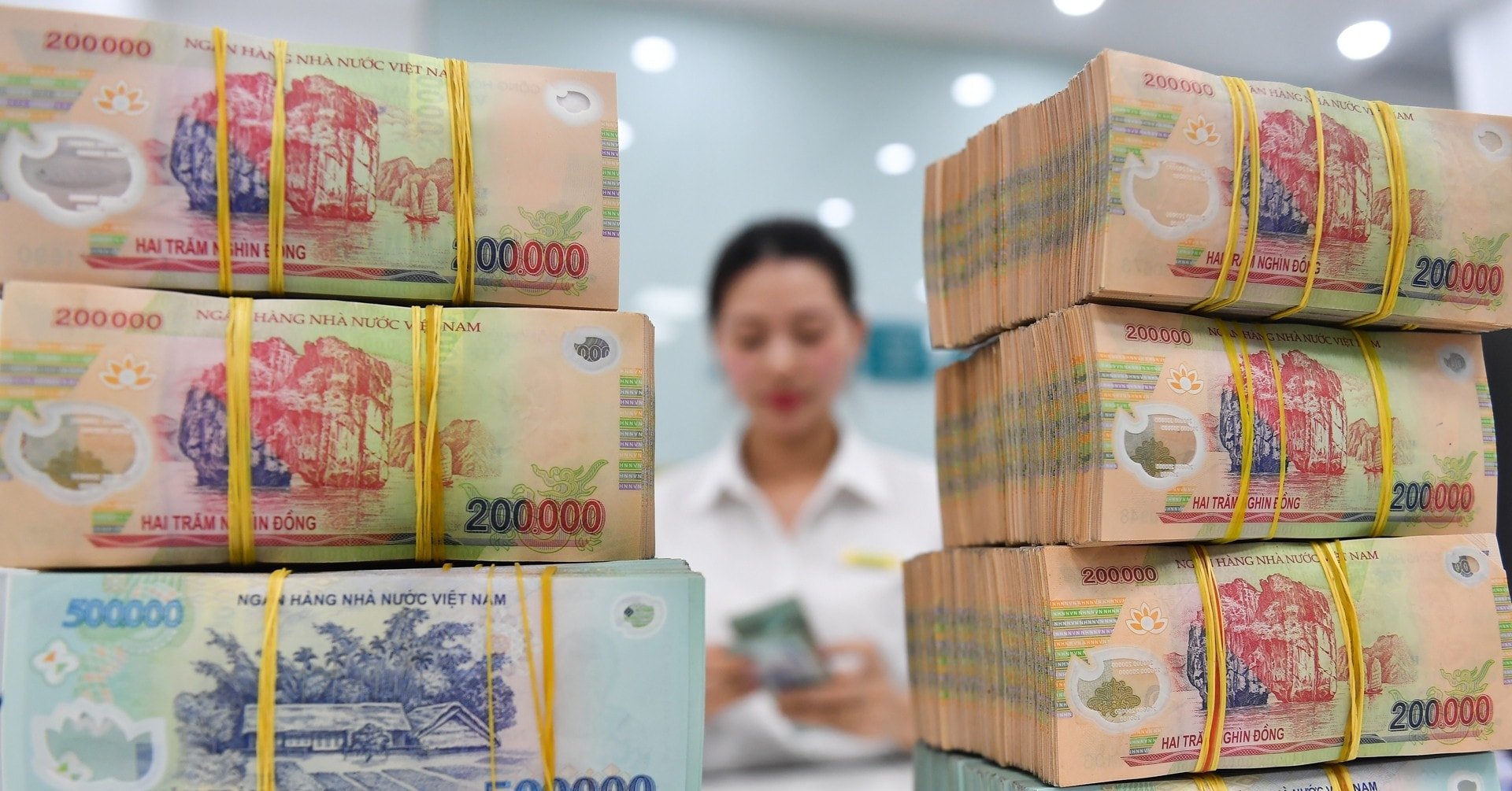



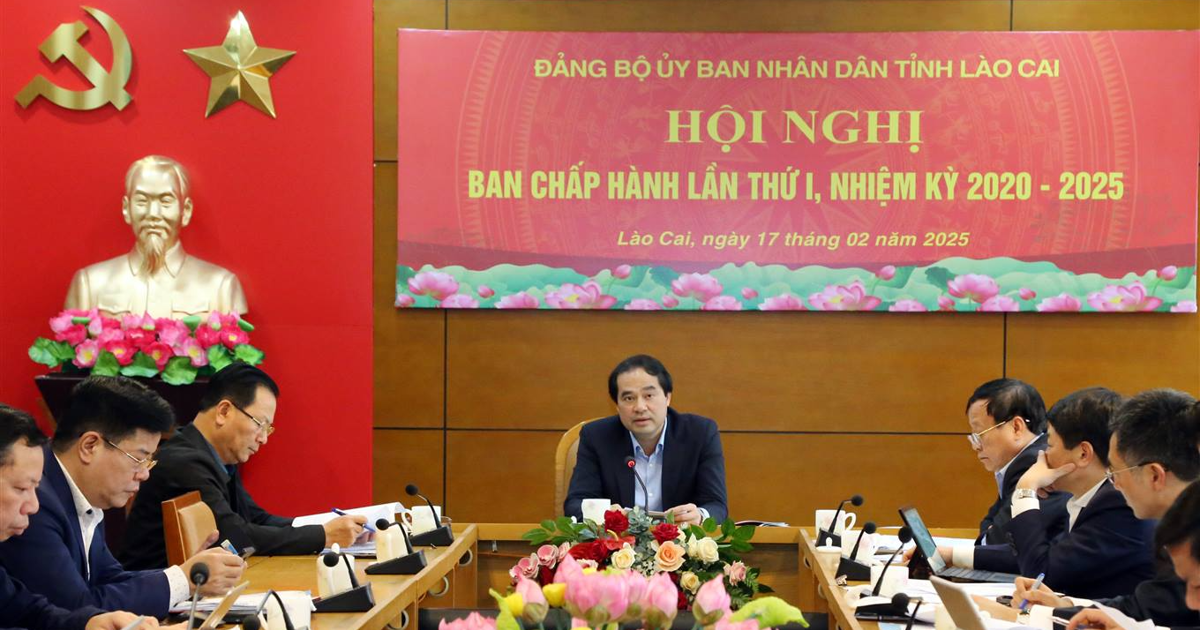

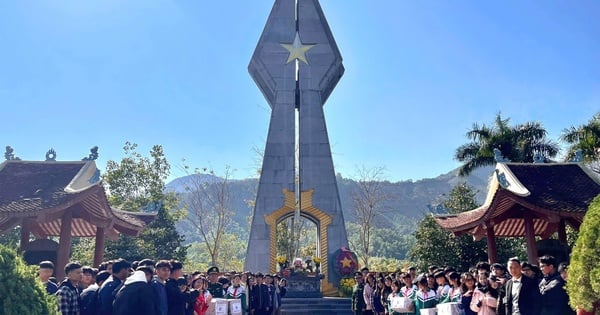

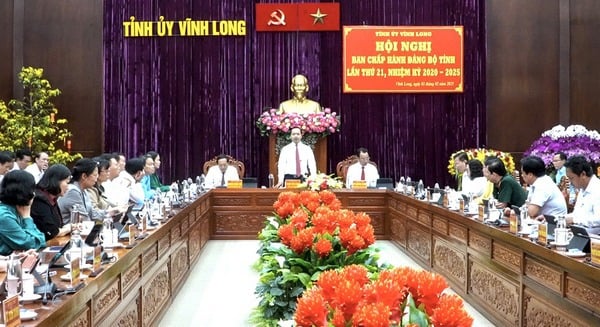
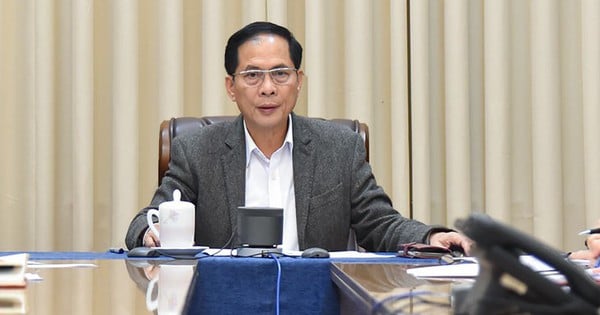


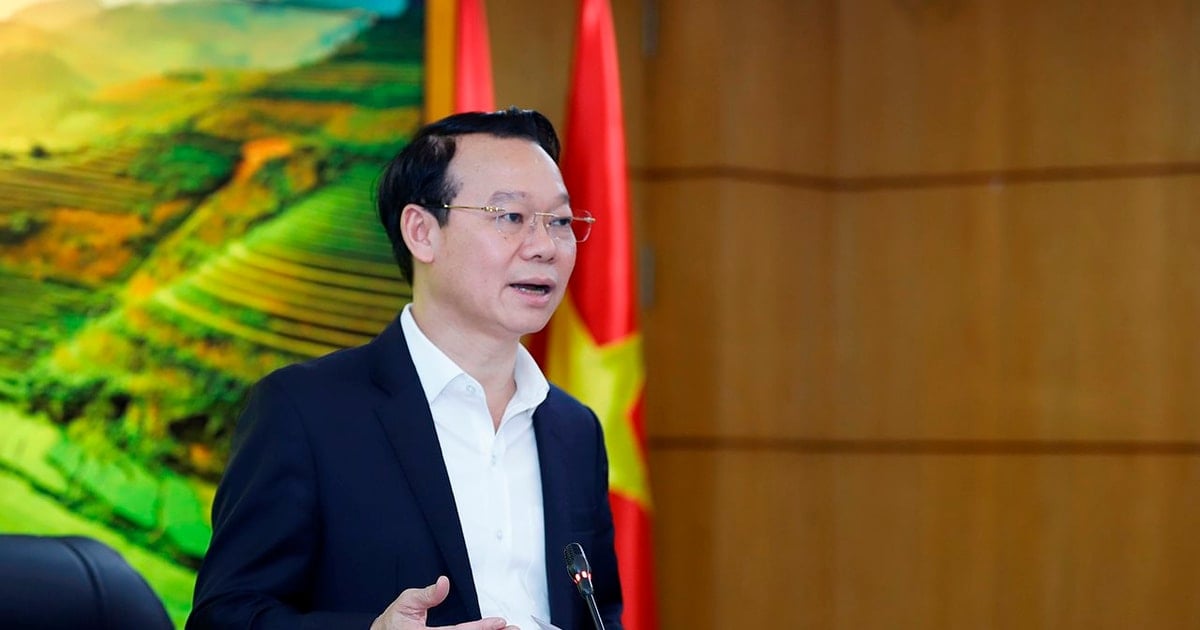
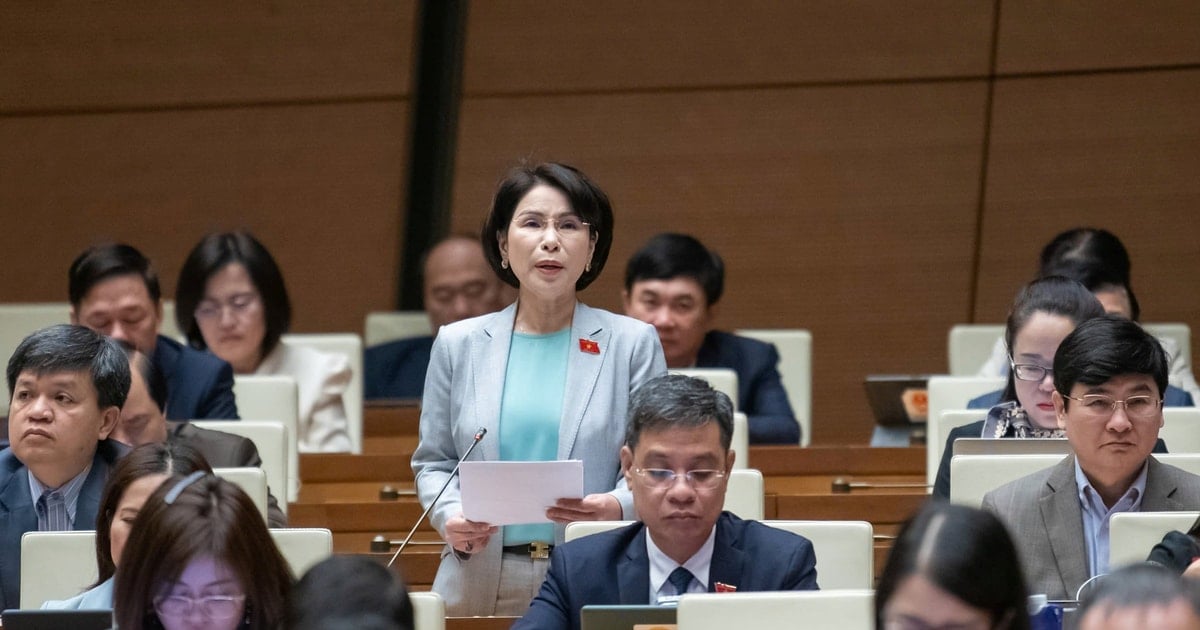
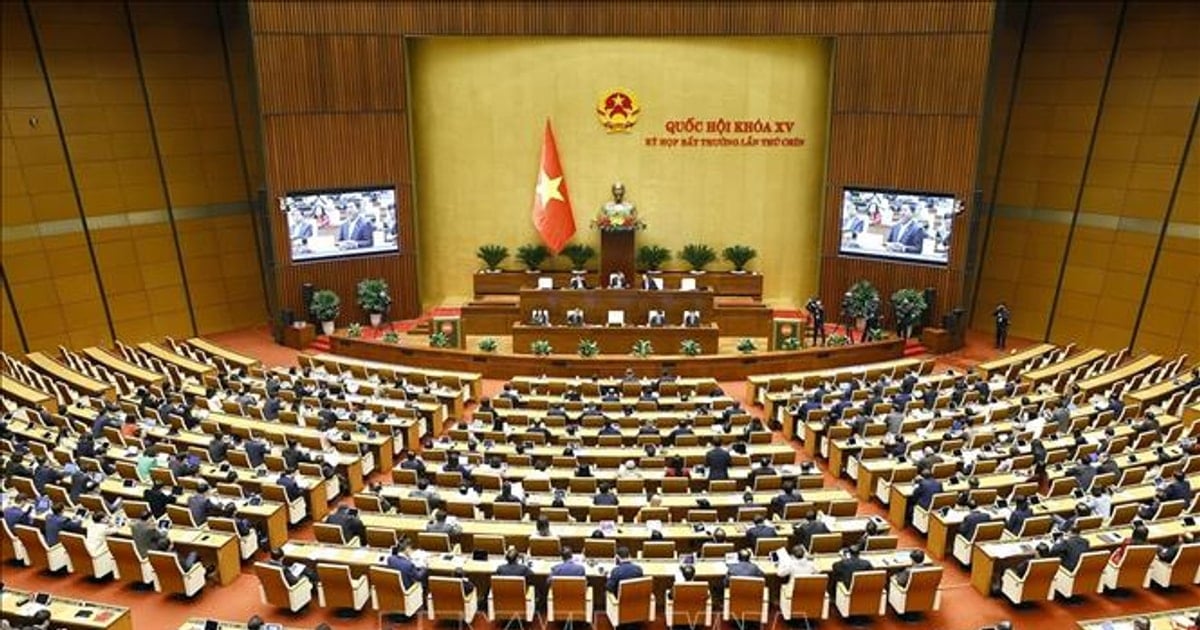
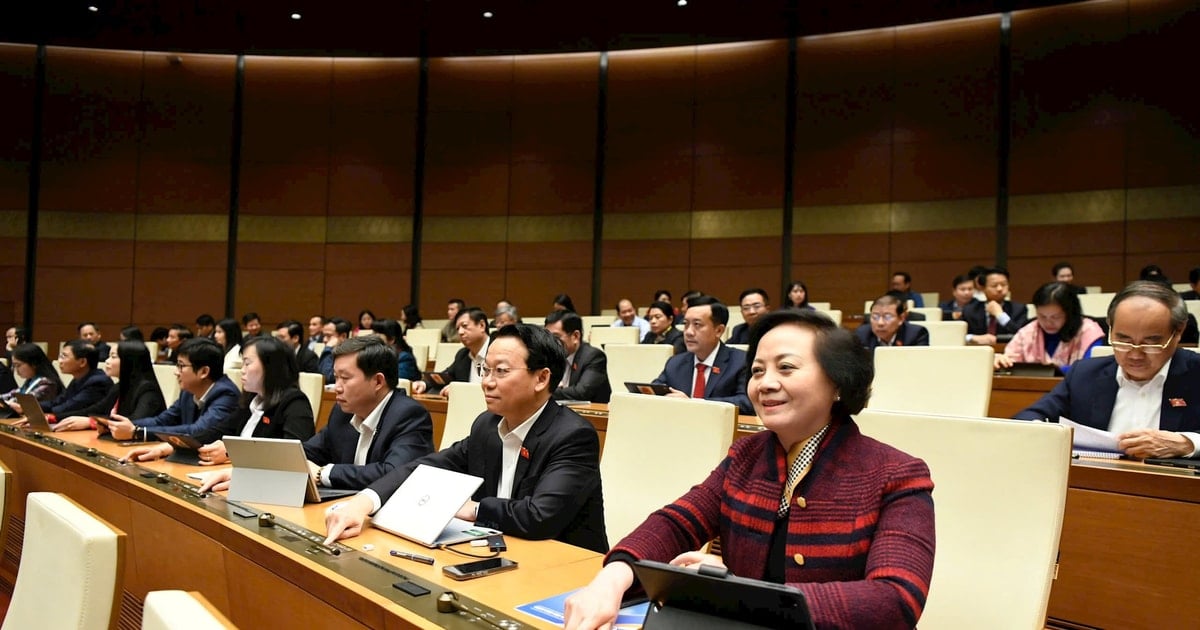
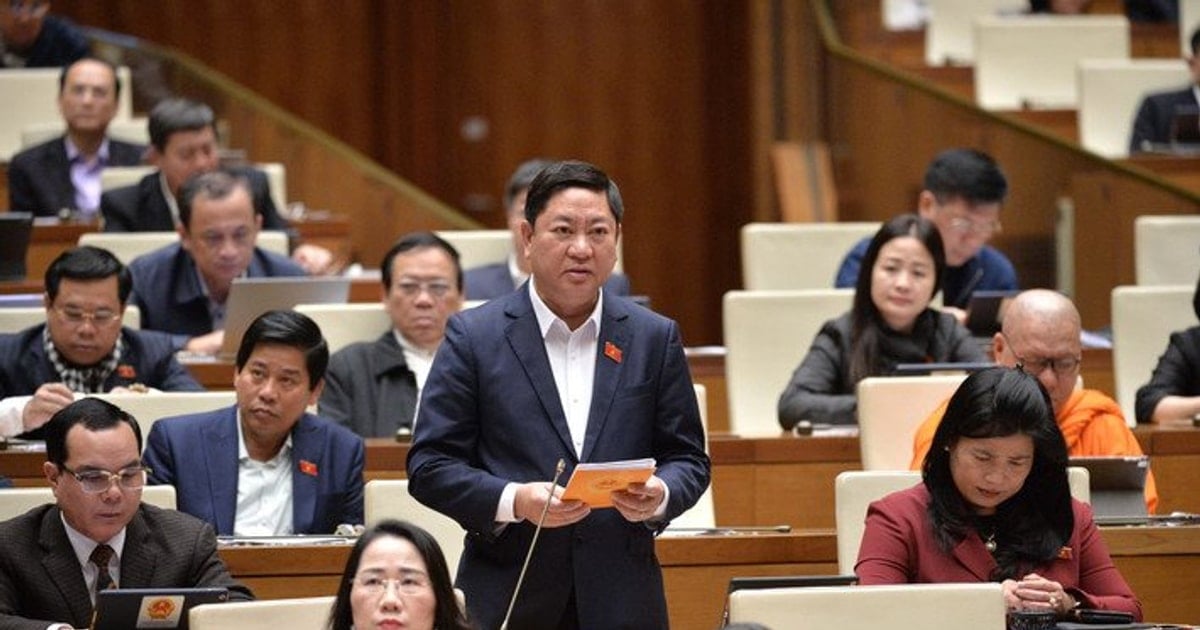
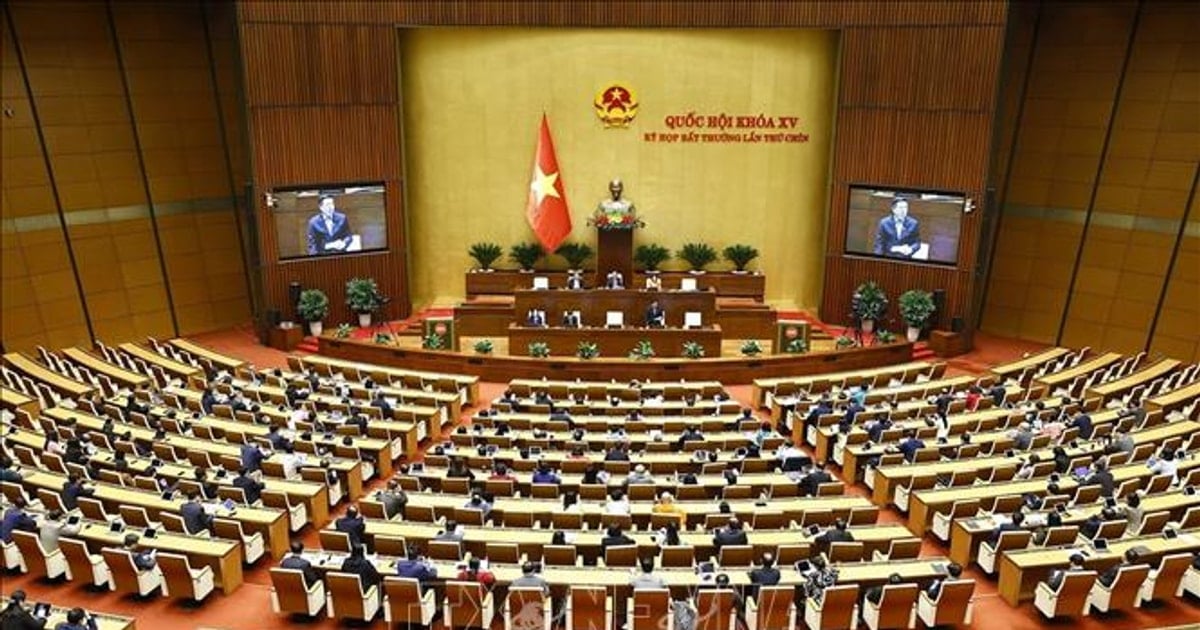






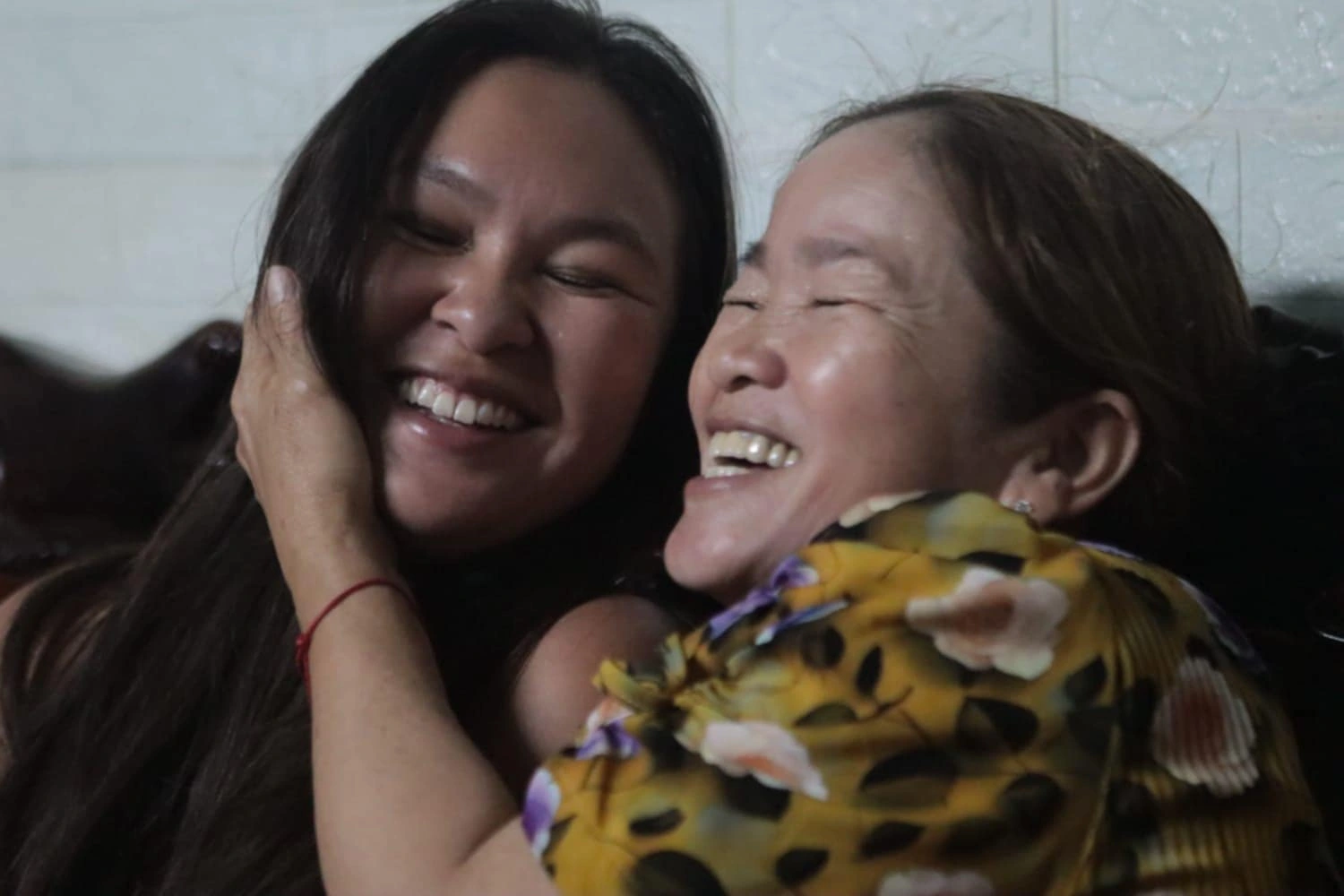





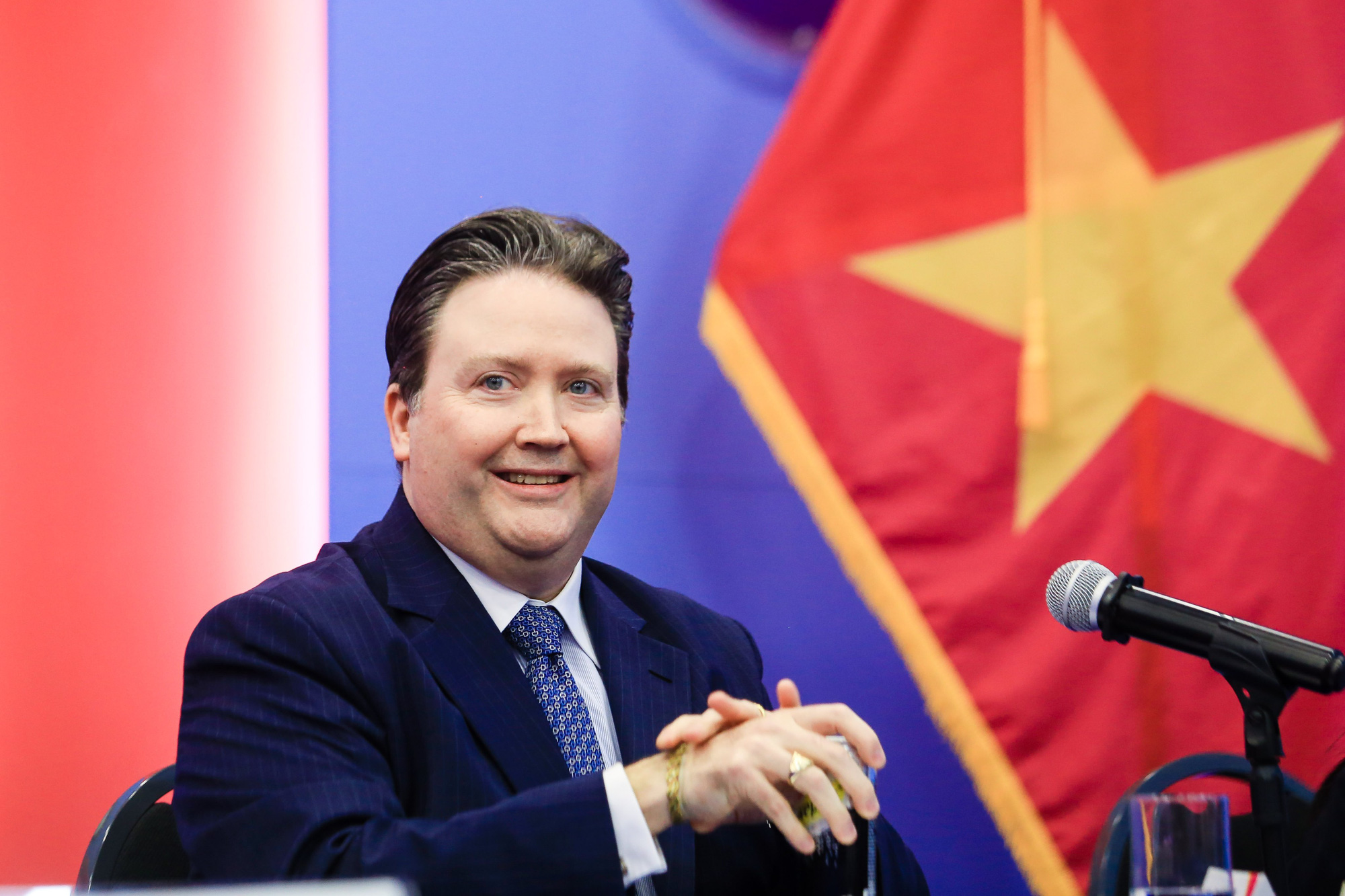
Comment (0)